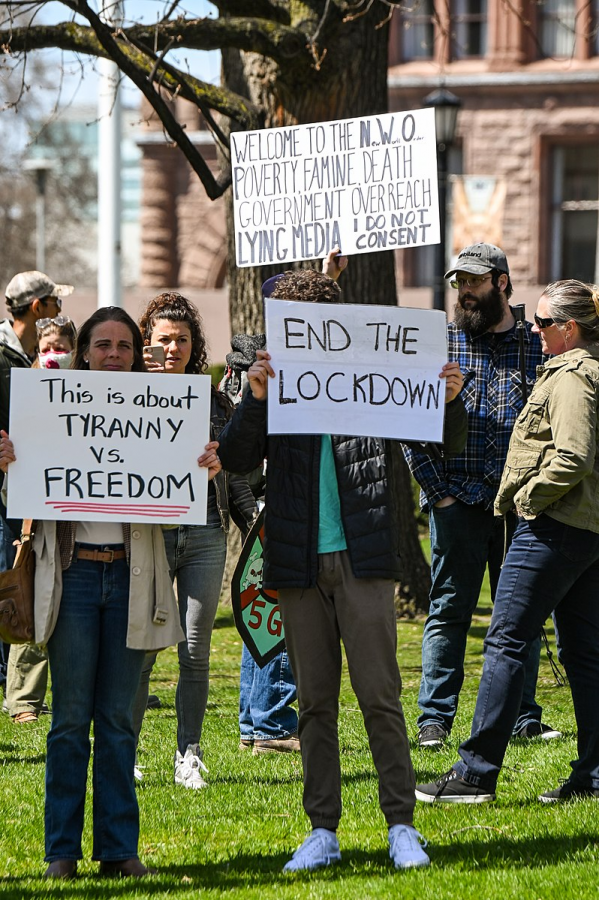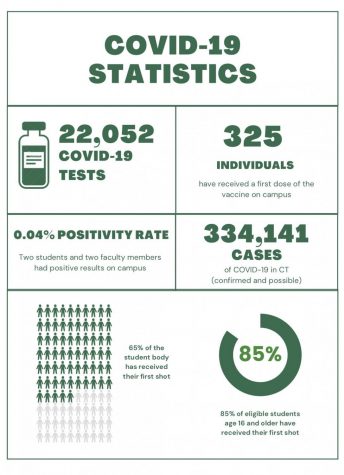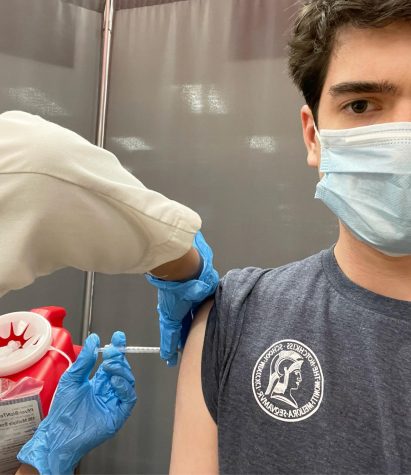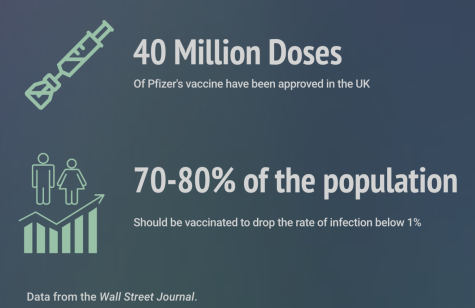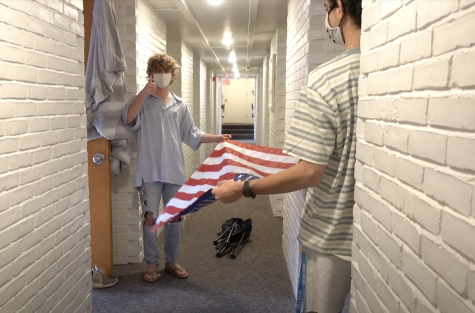U.S. Government Ending Lockdown: Is This the Right Decision?
Recent protests have challenged state lockdowns.
Some people believe that COVID-19 is coming to an end in the U.S. and that the economy should start to reopen. In fact, states such as Georgia, Florida, and Texas have already started by opening restaurants, parks, and other small businesses. This begs the question: Is ending lockdown the right choice to make at this time? COVID-19 lockdowns have been disrupting global supply chains, halting production of many products, and temporarily or permanently closing brick-and-mortar stores. Due to these factors, the stock market has seen a correction, and the economy has been significantly negatively impacted.
Some people believe that ending the lockdown will help restart the economy; however, I believe that in the long run, it will end up being more detrimental to society as a whole, therefore making it the wrong decision.
When the economy is negatively impacted, companies lose a lot of money in revenue, and this leads to many people facing either cuts in their salary or being laid off. In the past week, over four million people in the U.S. filed for unemployment. Furthermore, levels of social unrest will rise as a result of unemployment.
However, continuing the lockdown may be necessary in order to prevent spreading the virus and increasing the death toll. Researchers have said that China’s decision to fully lockdown Wuhan might have prevented upwards of 700,000 additional cases.
Ending the lockdown and starting the economy back up may seem good in the short-term; however, the negative effects of this decision will soon present themselves. First, healthcare systems in the United States are already being pushed to their limits, and ending the lockdown will push them over the edge. Many hospitals are not equipped with the ventilators, N-95 masks, PPEs (personal protective equipment), and scrubs necessary to handle an influx of patients. Ending the lockdown will likely cause cases to rise again, which will put further strain on healthcare systems that are already struggling to cope. Furthermore, it raises the chances that front-line responders can contract the virus. Even the director of the Centers for Disease Control and Prevention (CDC), Robert Redfield, has warned of “a resurgence of COVID-19 infections and [has] emphasised the need for social distancing.”
Some argue that if the lockdown is lifted and the economy is reopened, many people will get their jobs back, people will be able to return to their “normal” lives, and social unrest won’t be an immediate issue. Over 26 million people in the U.S. have filed for unemployment in the last five weeks. However, many people are fearful of losing their job, not being able to pay bills, buy groceries, afford housing, transportation, schooling, or having to declare bankruptcy. In a New York Times article, the Chief Economist at Deutsche Bank Securities, Torsten Slok, stated, “Laid-off workers need money quickly to pay for rent, groceries and credit card bills. If they can’t do so, the hole that the economy has fallen into gets deeper and deeper and more difficult to crawl out of.”
The cost of the US economy being shut down due to COVID-19 is staggering. In a recent interview with David Westin on the Bloomberg channel, former U.S. Treasury Secretary, Lawrence Summers, stated, “[COVID-19] is costing us 80 billion dollars a week, more than 10 billion dollars a day.”
Regardless, the lockdown should still be put into effect for at least another month. At that time, more tests will have been conducted and the number of cases of COVID-19 should be growing at a lower rate. If the economy does open back up, all of the issues mentioned above will only be fixed temporarily. Eventually, we would inevitably be right back to the same situation of shortages and social unrest but this time with a much higher number of cases.
Although some European nations such as Denmark, Austria, Germany, France, and Switzerland are lifting lockdown rules and reopening their economies, one must keep in mind that they all established full lockdowns much earlier than the United States did and that they all did a much better job of containing the virus. In a World Economic Forum article, Denmark was reported to be the second European nation to put a lockdown into place and that was before they even had a single confirmed death due to COVID. Also, these nations are re-opening their economies slowly and in a controlled fashion, starting with small shops and working their way up to reopening restaurants and nightclubs.
New Jersey Governor Phil Murphy put it best: “An economic recovery only occurs on the back of a healthcare recovery.” Until the U.S. is able to make a healthcare recovery, an economic recovery is out of the question.

